Adam Curtis feels how Britain feels

As he launches his new A24-produced BBC series, Shifty, the cult documentary maker speaks to THE FACE about ketamine, Keir Starmer, Ethel Cain and all the strange shifts in his own filmmaking.
Life
Words: Fergal Kinney
Adam Curtis has been thinking about Red Dead Redemption lately. “It’s a very melancholy experience,” sighs the 70-year old documentary maker, sitting in the garden of an East London café, of the long-running immersive video game. “You ride around, you can go and shoot things or pick orchids. But you’re always on your own, and nothing ever changes.” Level-voiced and English-accented, familiar from three decades’ worth of documentaries, he suddenly changes gear. “There’s an anger at the moment,” says Curtis, referring to a certain mood in the air right now, “but also there’s a melancholy. Sadness and dread. Haven’t you noticed it?”
In his new five-part series, Shifty, Curtis is taking a long, hard look at Britain. The year is 2025 and the vibes are off: nothing works, nothing changes, and nothing has come along yet to be the next “thing” – at least that’s what Curtis argues. So how did we get here? To explain our current malaise, Curtis says he wanted to look at the twentieth century’s final two decades, “from a wildness that broke out in the 1970s,” until the series’ 1999 conclusion. “[I wanted] to do it funny, until it goes darker and darker.”

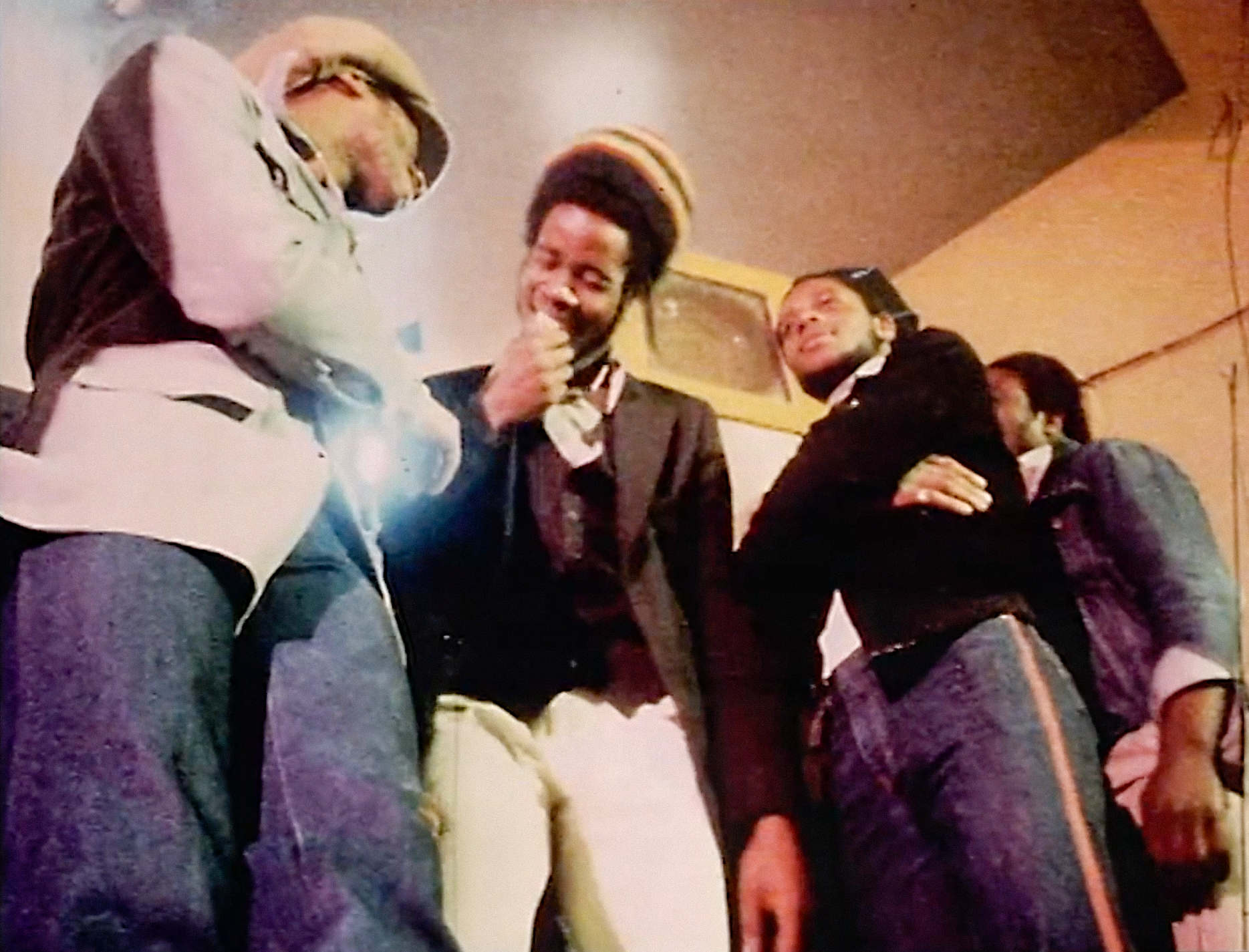
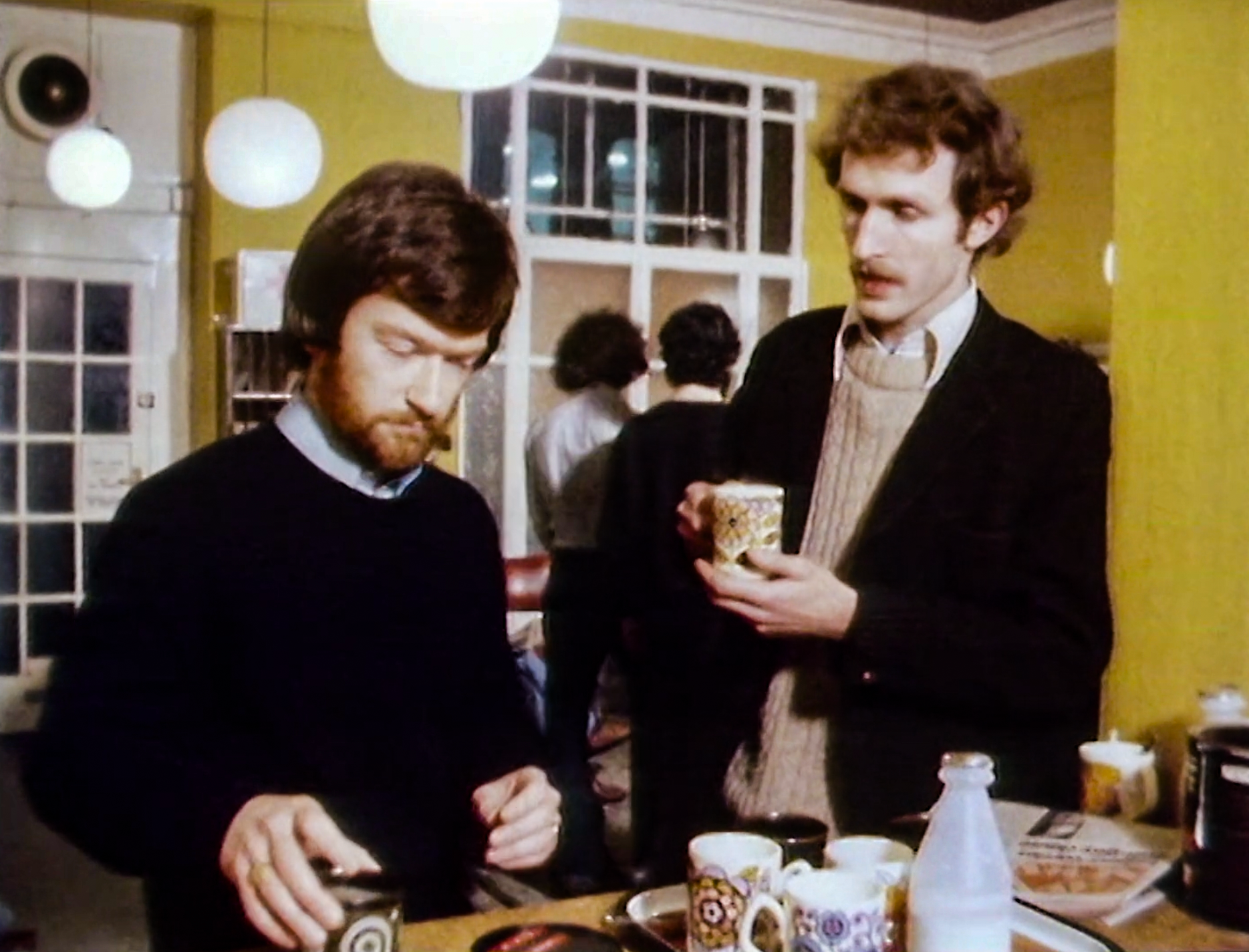
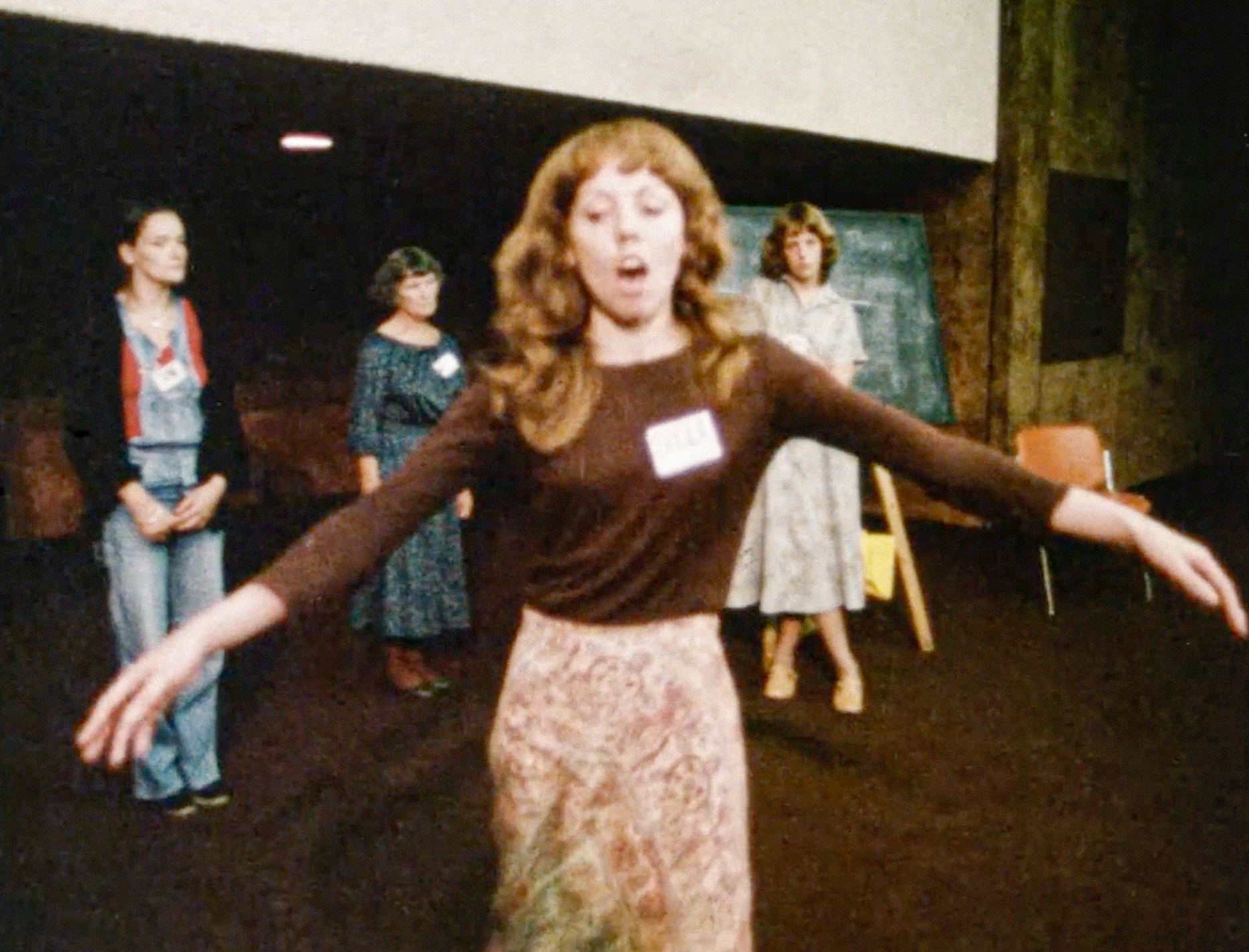
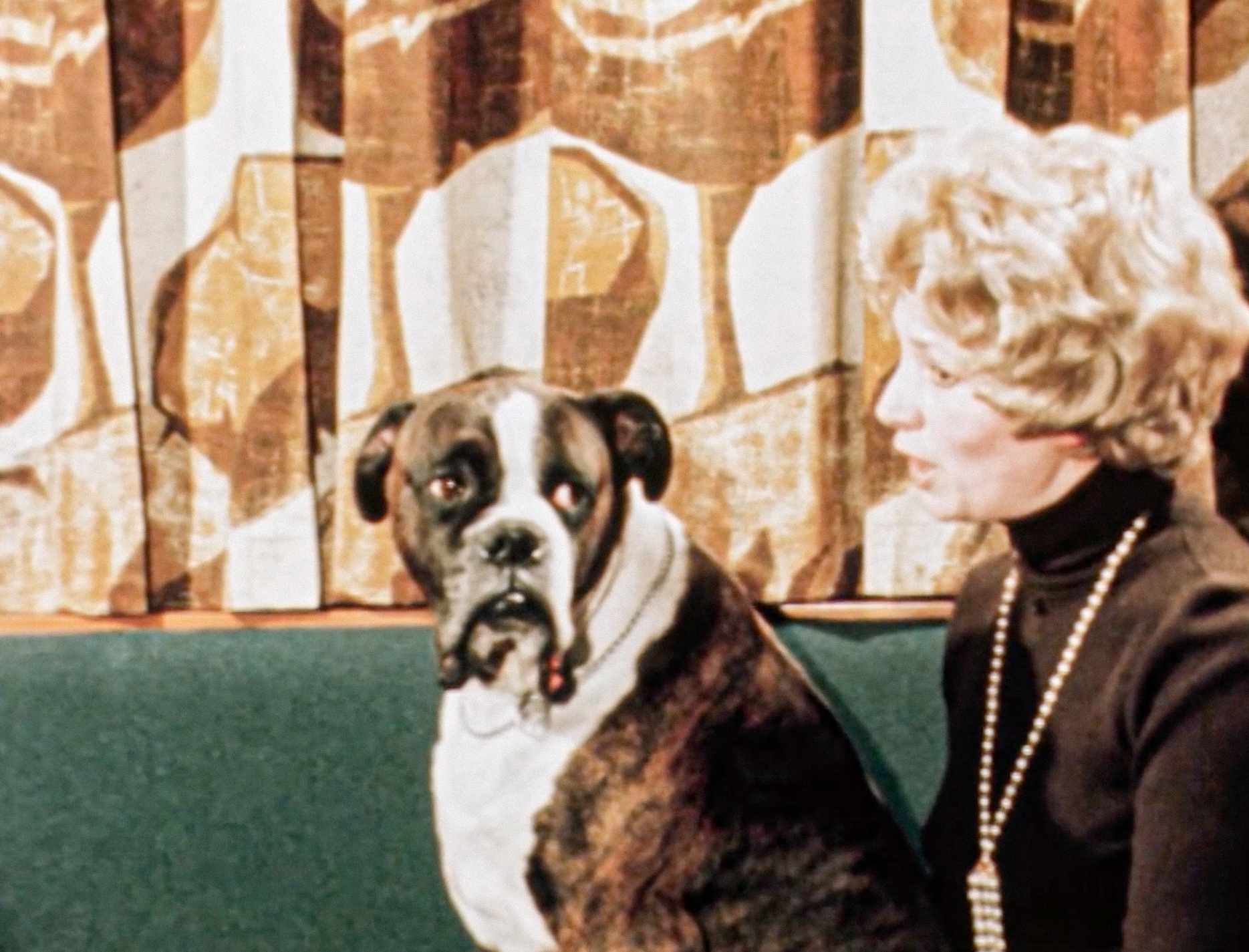

When we meet, Curtis is wearing a pinstripe suit jacket, a crisp white shirt, and some snazzy wide-leg jeans with no pockets (he hand-stitched them off). His shortly cropped, curly hair is white, and a light tan suggests that he does not, in fact, spend all waking hours in a secretive BBC video archive. Since the ’90s, Curtis has made documentaries for the BBC that tell stories about individualism, terrorism, economics or technology, using an unusual – and hallucinatory, or “trippy”, as he puts it – fusion of archive footage, pop music, and, until recently, his own narration.
Shifty begins in 1978, taking us from Margaret Thatcher’s Conservative Party being behind in some opinion polls – that is, until she gave a speech about Britain becoming “swamped” by immigrants. The episode then cuts to a West Indian family in Bradford watching the speech on that night’s evening news. This interplay between headlines and ordinary people powers Shifty as it travels all the way to 1999, through bankers and Blair, but also ravers, activists and far-right skinheads.
“The way that people experience the world became so much more complex [in that time],” Curtis begins. “Everyone became more confident that what they experienced and felt was true, rather than what they were told by posh people at the BBC. That led to growing complexity and fragmentation.”
Curtis says that finding the right archive film to illustrate his point is like shopping: “You must only ever buy what immediately catches your eye.” What’s striking about the ’70s and ’80s footage, I tell Curtis, is that for all its bleakness – political upheaval, poverty, rioting – it’s affectionate and often hilarious. “During that period, people were quite wild and having a good time. I wanted to show that it wasn’t all horrible.” Shifty darkens as Curtis explores how power moved from politics to finance, and the subsequent alienation caused by that “massive shift in consciousness” known as individualism.
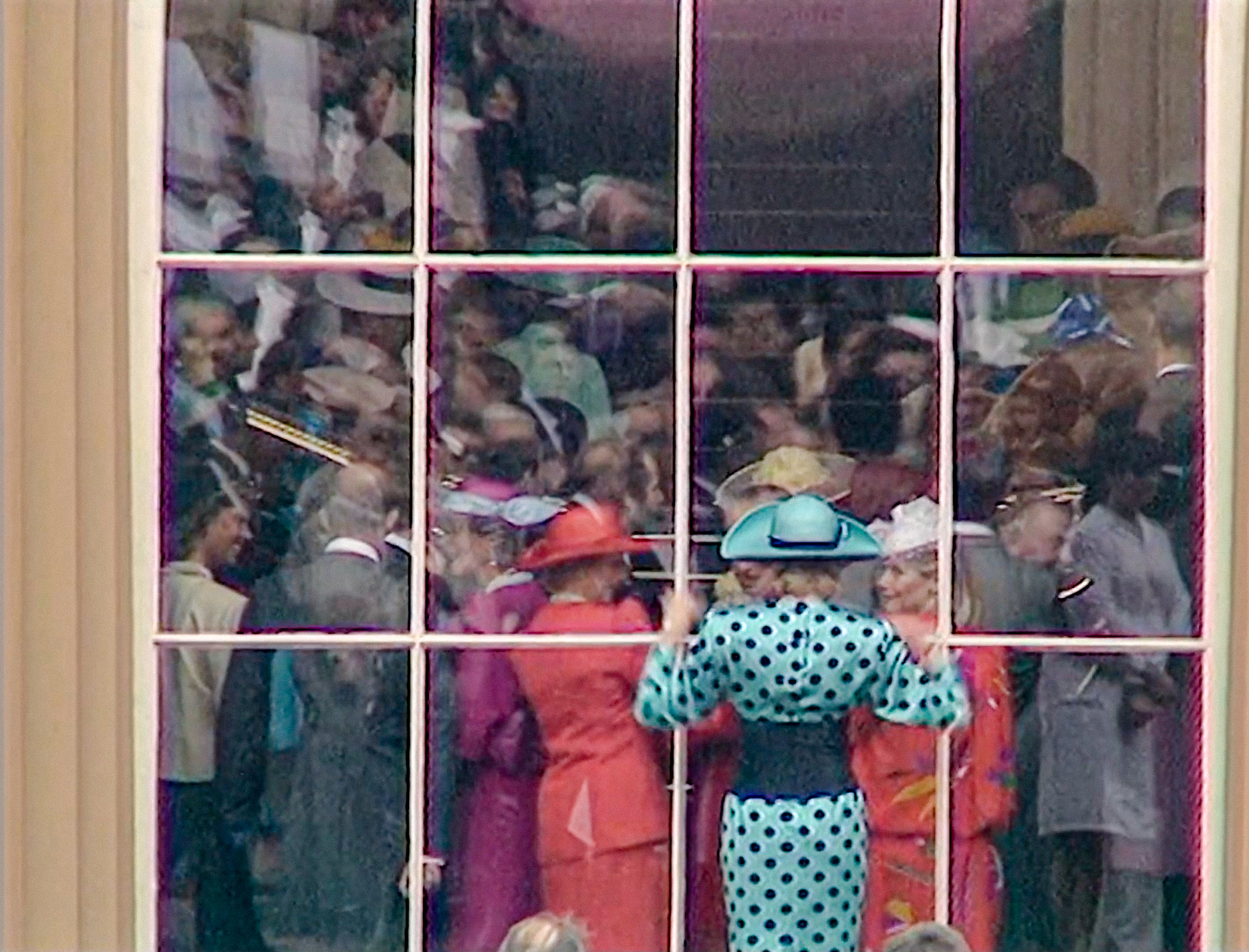
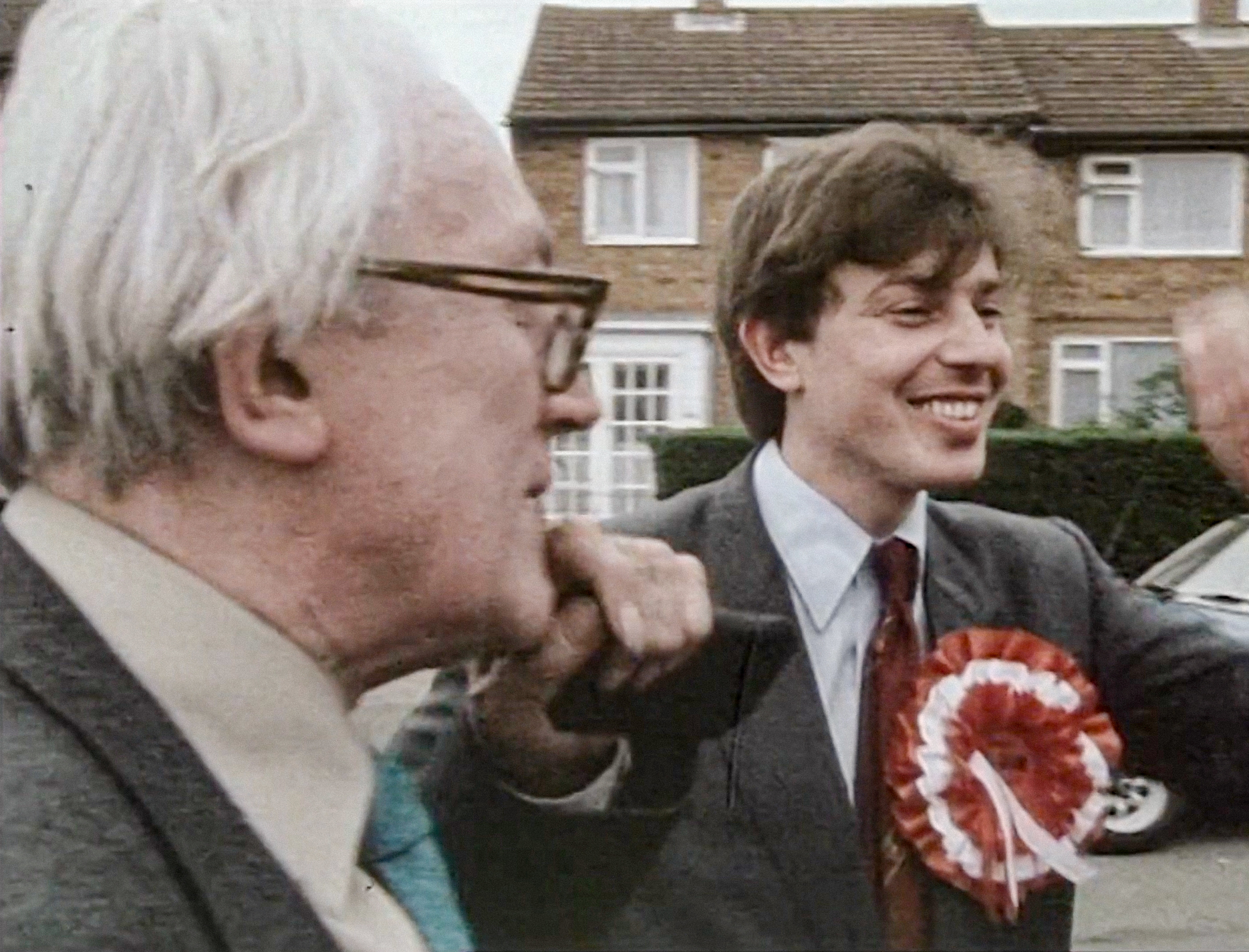
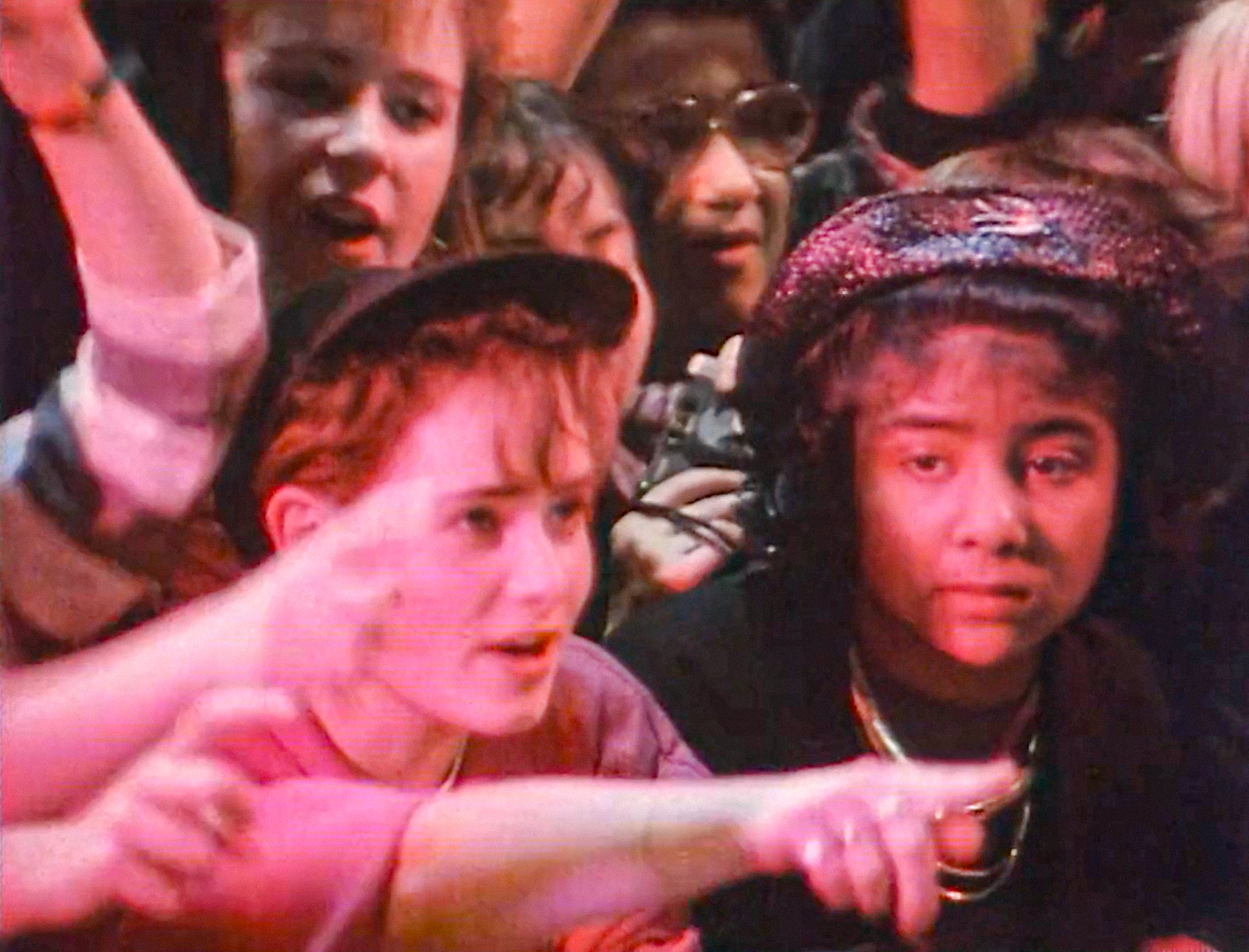
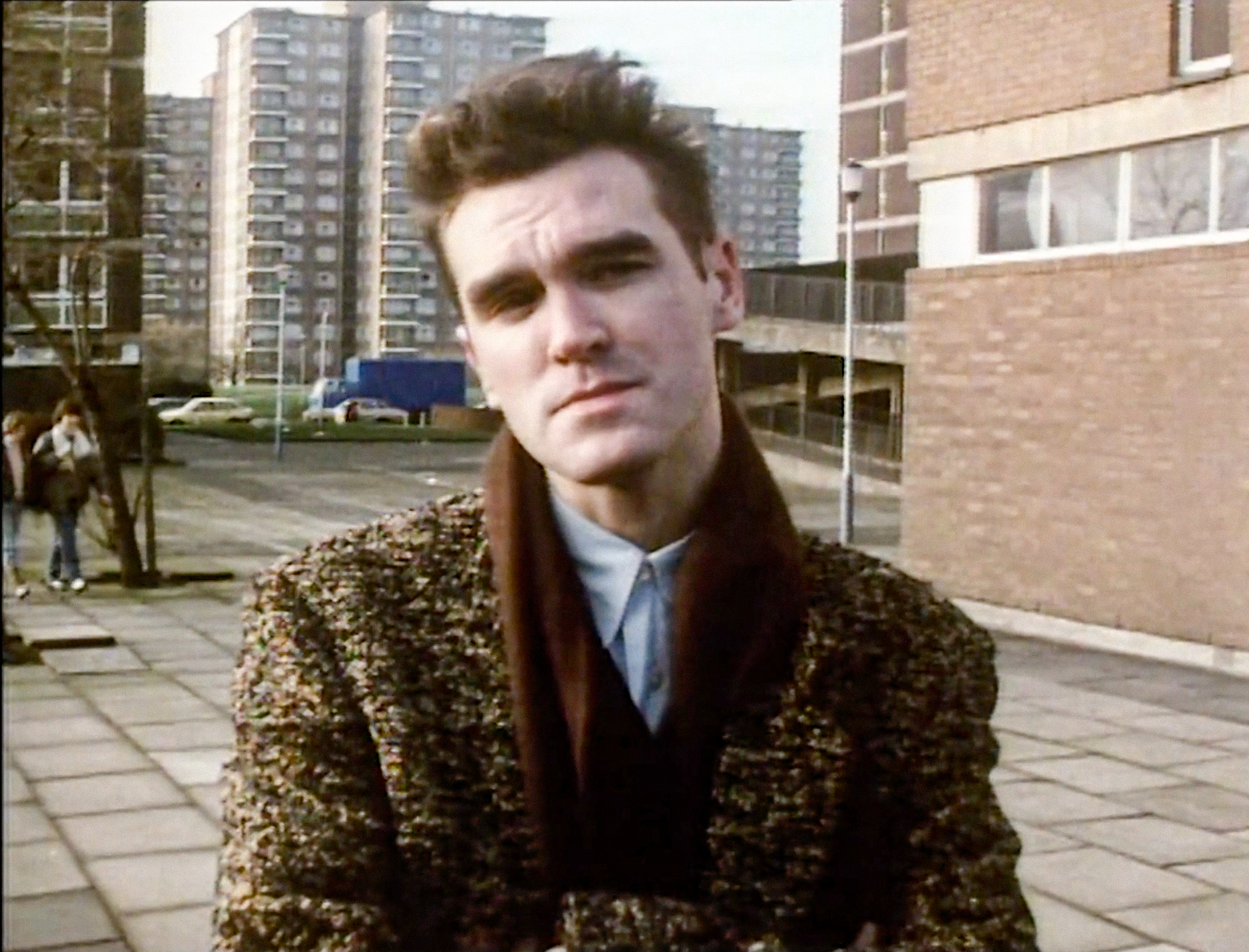
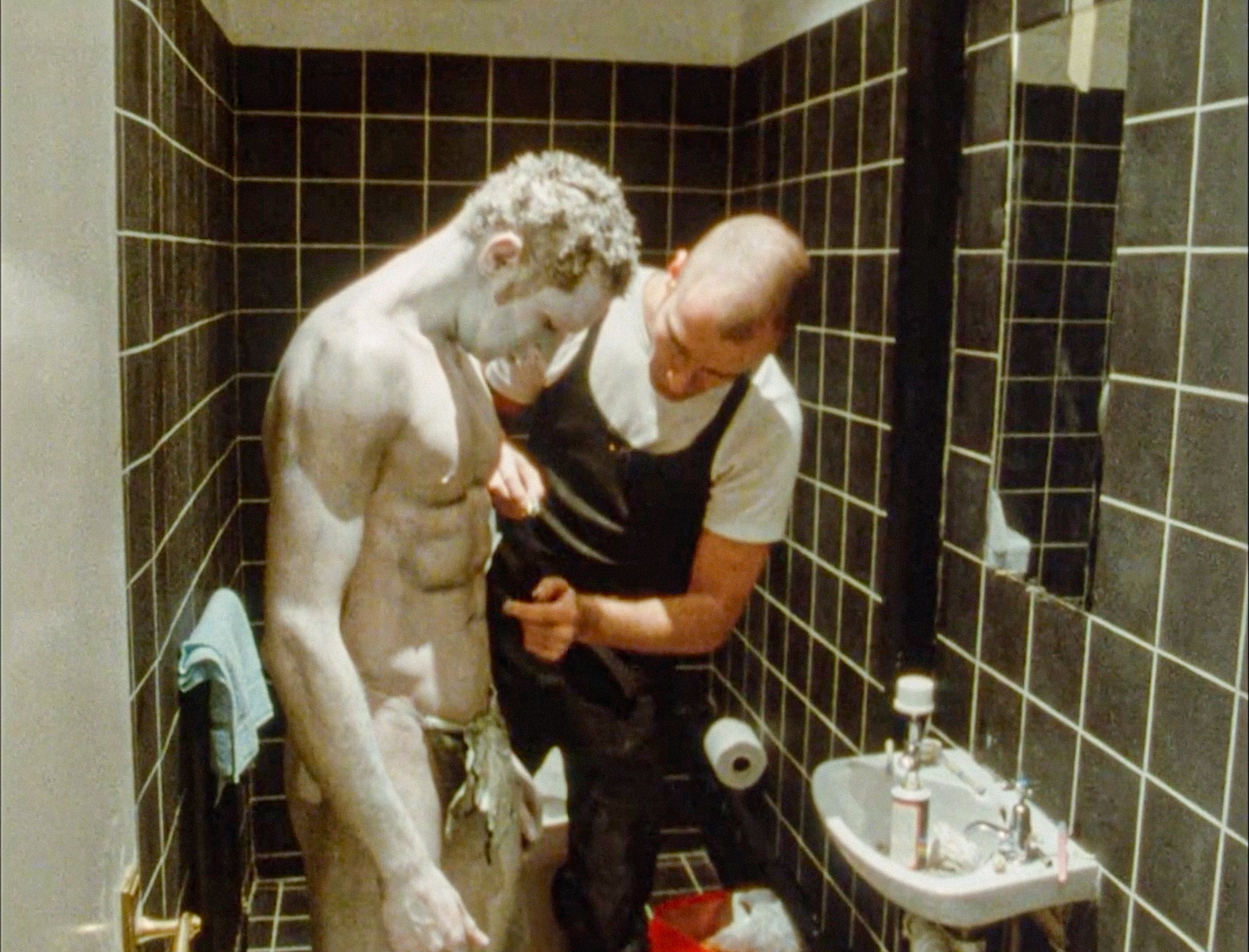
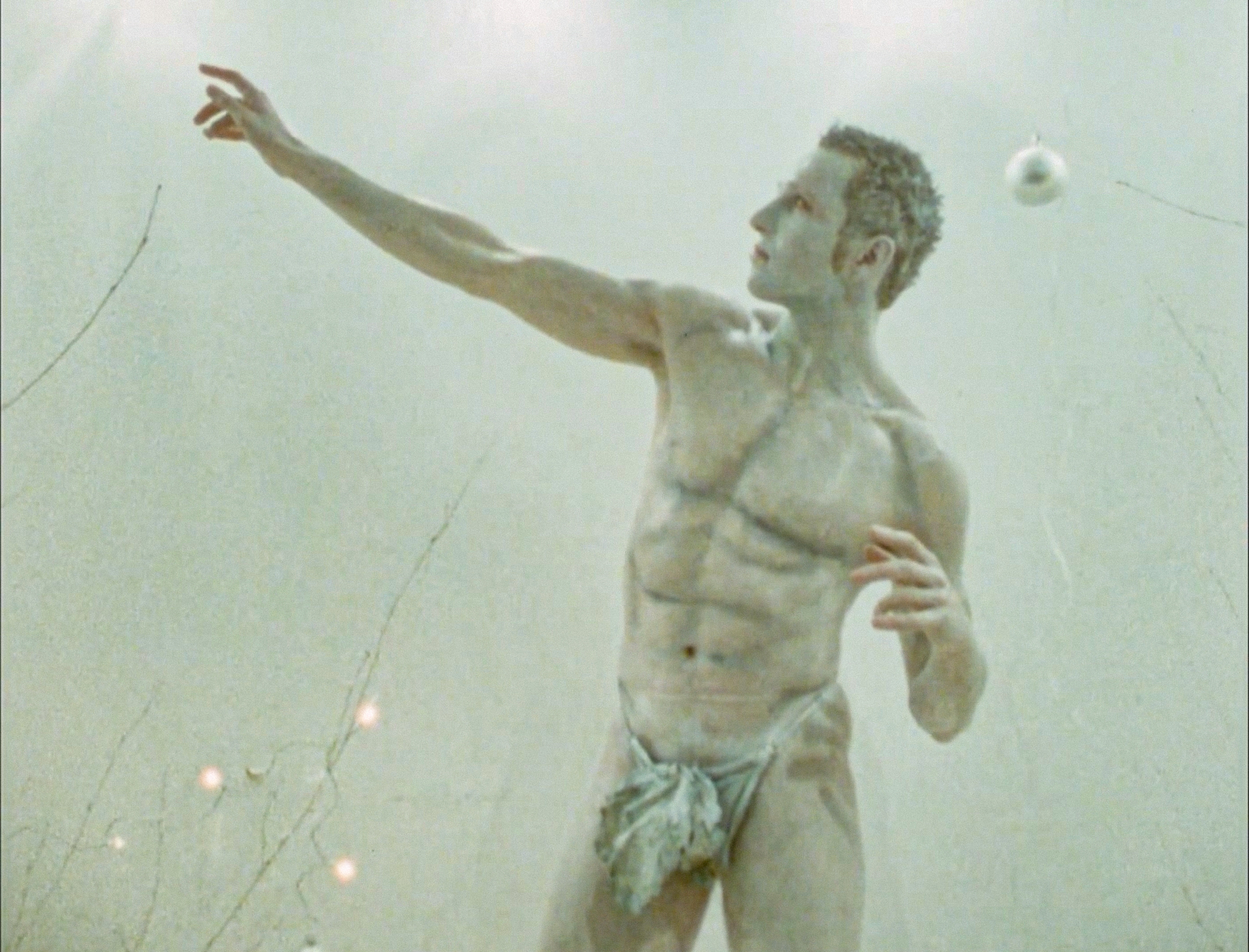
Former Prime Minister Margaret Thatcher appears in every episode. While Curtis was careful to paint her as a “tragic figure” rather than a villain (a trap he says the left fell into, which boosted her), Shifty is a story with an unlikely hero. “Alexander McQueen is my hero in this,” he says of the legendary British fashion designer. “Because McQueen was proximate to power, he saw what was happening.”
Curtis contrasts McQueen, the disruptive son of a taxi driver who watched elites first-hand by working as a tailor on Savile Row, with what he sees as the emptiness of the liberal middle-classes. Just look at McQueen’s Spring/Summer 2001 Voss show. “That dramatised society and what was happening within it,” says Curtis, “thinking you’re free but you’re in a glass box being watched by the rich and the powerful. OK, it’s simple, but he got it.”
Shifty argues that the liberal middle classes turned their attention away from politics, where they were losing power to conservatism, towards culture. The problem? They didn’t really have any ideas. “In the 1980s you see this idea that culture is the opposition to the right,” Curtis says, with a confiding, mischievous look. “To which the answer is: yeah, that really stopped Mrs Thatcher.” He shrugs. “I’m cynical about it. [This shift towards culture] was to disguise that their power and influence was waning.”
To understand how this manifests today, he continues, just look at Sally Rooney’s books. Curtis doesn’t “like or dislike” Normal People or last year’s Intermezzo, but they are filled with “highly-educated, reasonably well-off millennials who all want to do something good and change the world. But they don’t know how or why. So they wander around in a melancholy. I find that quite sad.”
To Curtis, Rooney’s books illustrate a class that is educated “but doesn’t have any purchase on reality where it feels it can change things. That’s a tragic endpoint for that class, isn’t it? So they retreat into art, and culture, and into sadness. Sally Rooney gets the mood.” This mood is also, according to Curtis, felt in the rise of ketamine – “I’ve never taken it, but it’s about obliterating yourself, fleeing from yourself” – and books like self-help bestseller The Body Keeps The Score, which he says teach you to fear not just the world outside, but the body inside.
All of this, though, points to a bigger problem – one that has been throbbing in Curtis’ films since at least 2002’s The Century of the Self, about how big business adopted ideas from psychoanalysis. “It was us,” insists Curtis, “we are a problem. We wanted to be autonomous individuals who want to go to Cafe Oto, or go waterboarding down a flooded lake on the back of a motorbike.” All good fun at first, he says, but what did it lead to? “Niche-ification.” Everyone went down their own rabbit holes, making it as hard to share the same musical reference points or watch the same telly as it is to unite behind big political ideas. All of these things were easier in the ’70s, where Shifty begins its story.
“HyperNormalisation was completely bonkers. There were some things I did that weren’t very good. But I’m not going to tell you which ones”
I ask about Keir Starmer, who recently felt the need to deny the very Adam Curtis idea that Britain was traumatised, recenly telling an interviewer that we suffered merely from “a sense of disaffection.” Starmer, Curtis, says, “may or may not be able to fix” basic things like housing or public services, but doesn’t understand “the more subtle thing: that we have gone into another world.” But this isn’t just a Starmer problem: “We haven’t got an artist that can do that, either.”
Burial was Curtis’ longtime musical crush, “a genius [who] captured the melancholy of our time in a new way.” Curtis is visibly moved remembering Burial’s song Come Down To Us soundtracking footage of air strikes on Afghanistan in his 2015 film Bitter Lake (“my heart went like that.”) He rates Ethel Cain, too. “American Teenager is all about what goes on people’s heads, the strangeness and the sadness after the Iraq War. It’s doom‑y, but it conveys the epicness of the melancholy.”
When Curtis started out, joining the BBC in the ’80s, he says he began to notice a new kind of discourse emerging – “probably in a place like this,” he says, gesturing towards those sat around us in the café – where people started to talk about politics and culture at the same time. “Why not put the two together?” he thought. “Then you can make pretentious shit entertaining.”
That “entertaining, pretentious shit” became The Mayfair Set (1999), The Power of Nightmares (2004) and The Century of the Self (2002), documentaries that explore grand ideas conjured up by powerful people (these are all available on BBC iPlayer.) Shifty, in later episodes, looks at those who suffered the consequences of those ideas.
“Times when I did films that were about the powerful, I thought my job was to explain to people how power had really shifted. The Mayfair Set was about that. I chose characters who are odd and looked at them afresh. But now there’s a hunger of, well, what’s happened to [the rest of] us?”
In the 2010s, after those aforementioned films, Curtis’ own work shifted. 2015’s Bitter Lake, 2016’s HyperNormalisation and the lockdown-era Can’t Get You Out Of My Head were both praised as ambitious big swings and critiqued as indulgent or fan-service projects. “My aim was always to be entertaining, not self-expressive,” he explains, “and try to create a mood platform where you [can explain] quite complicated ideas.” HyperNormalisation was, he concedes happily, “completely bonkers. There were some things I did that weren’t very good. But I’m not going to tell you which ones.”
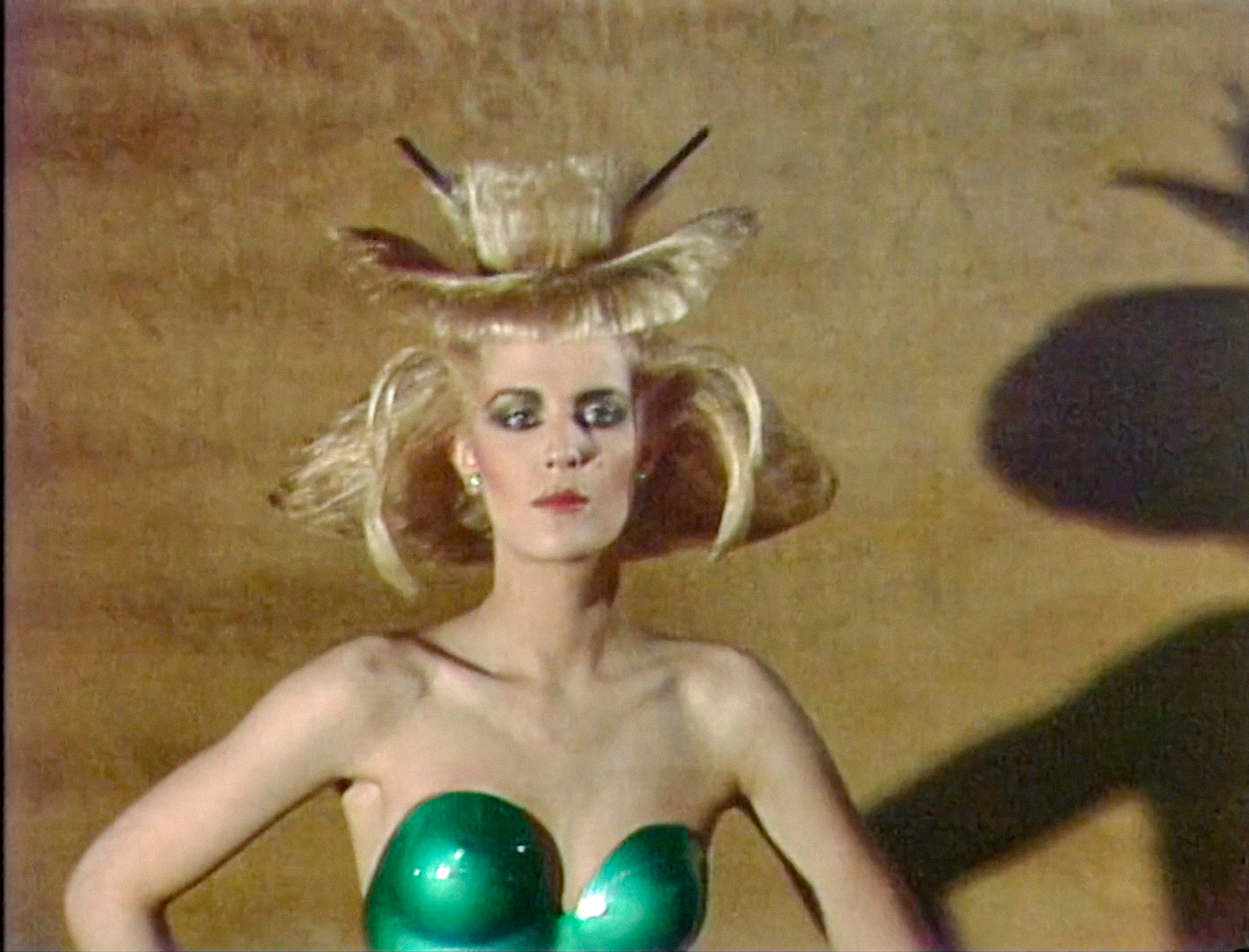
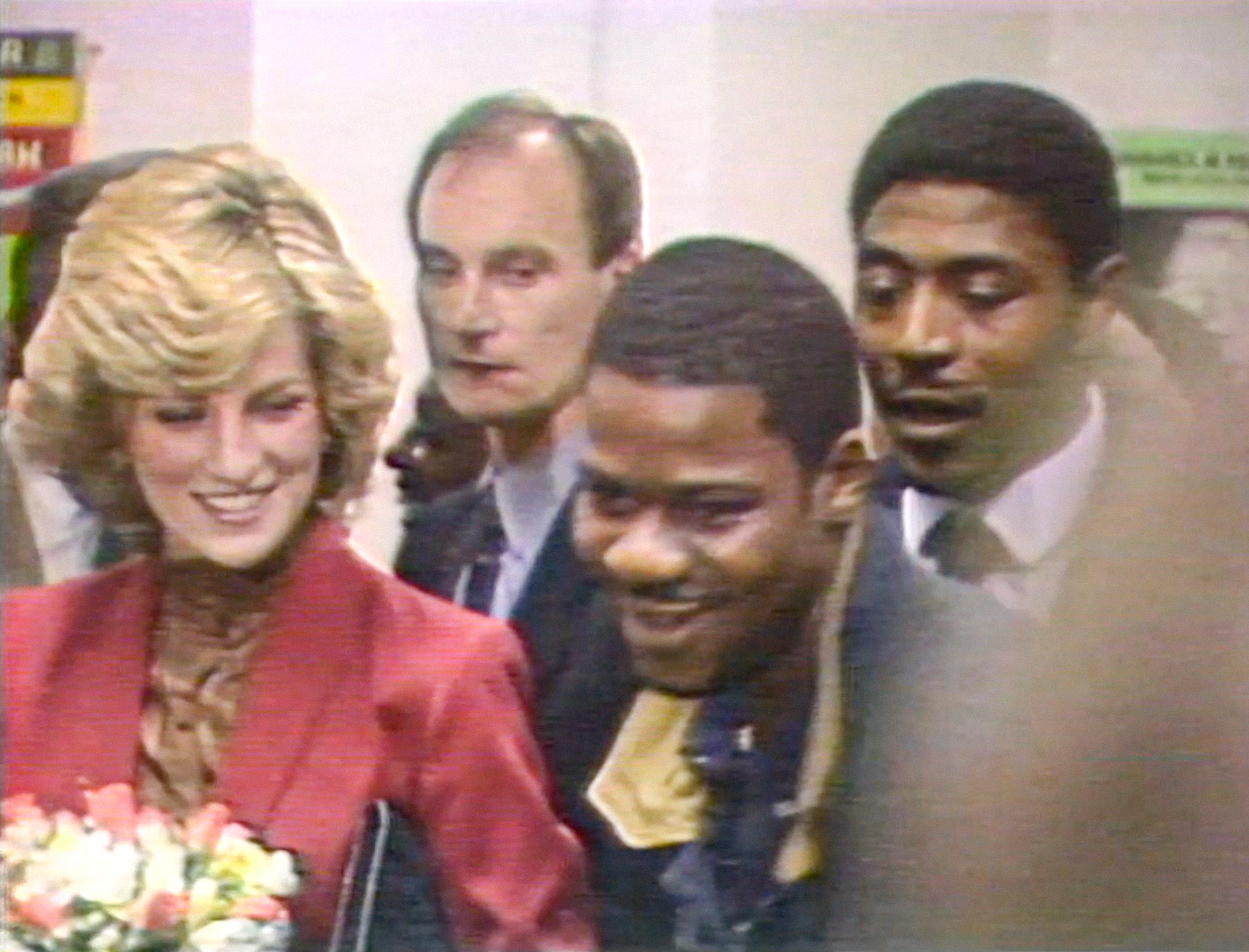
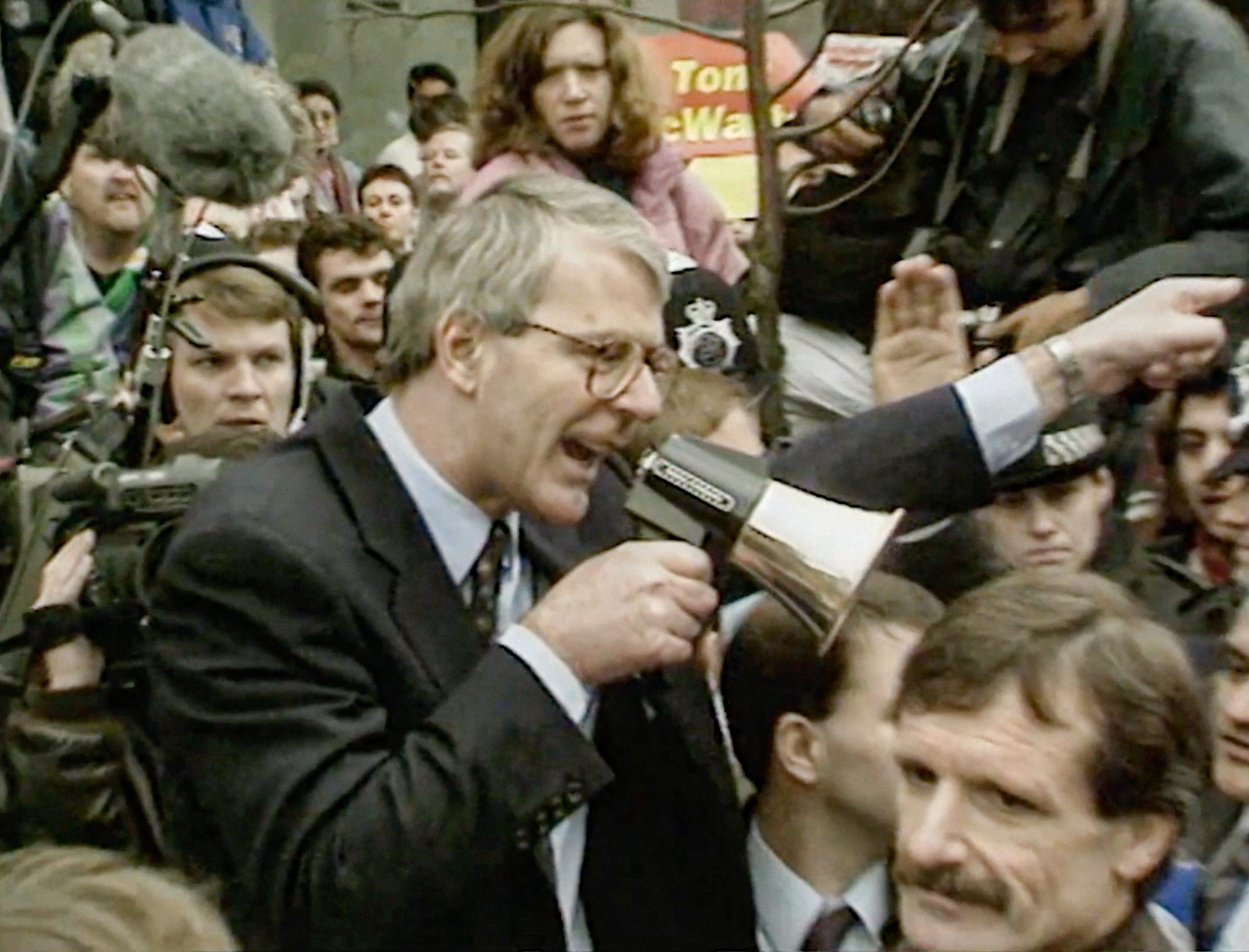
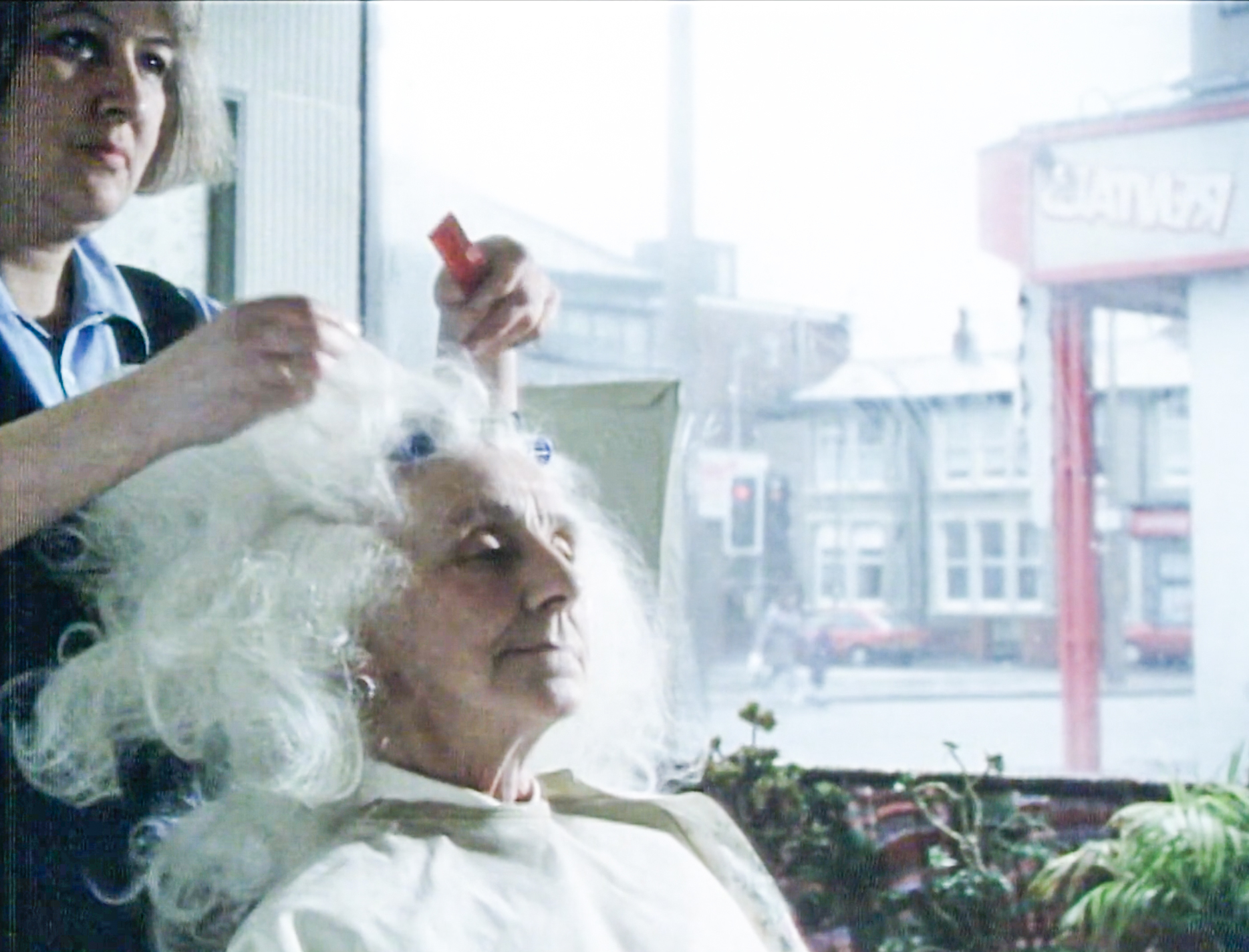
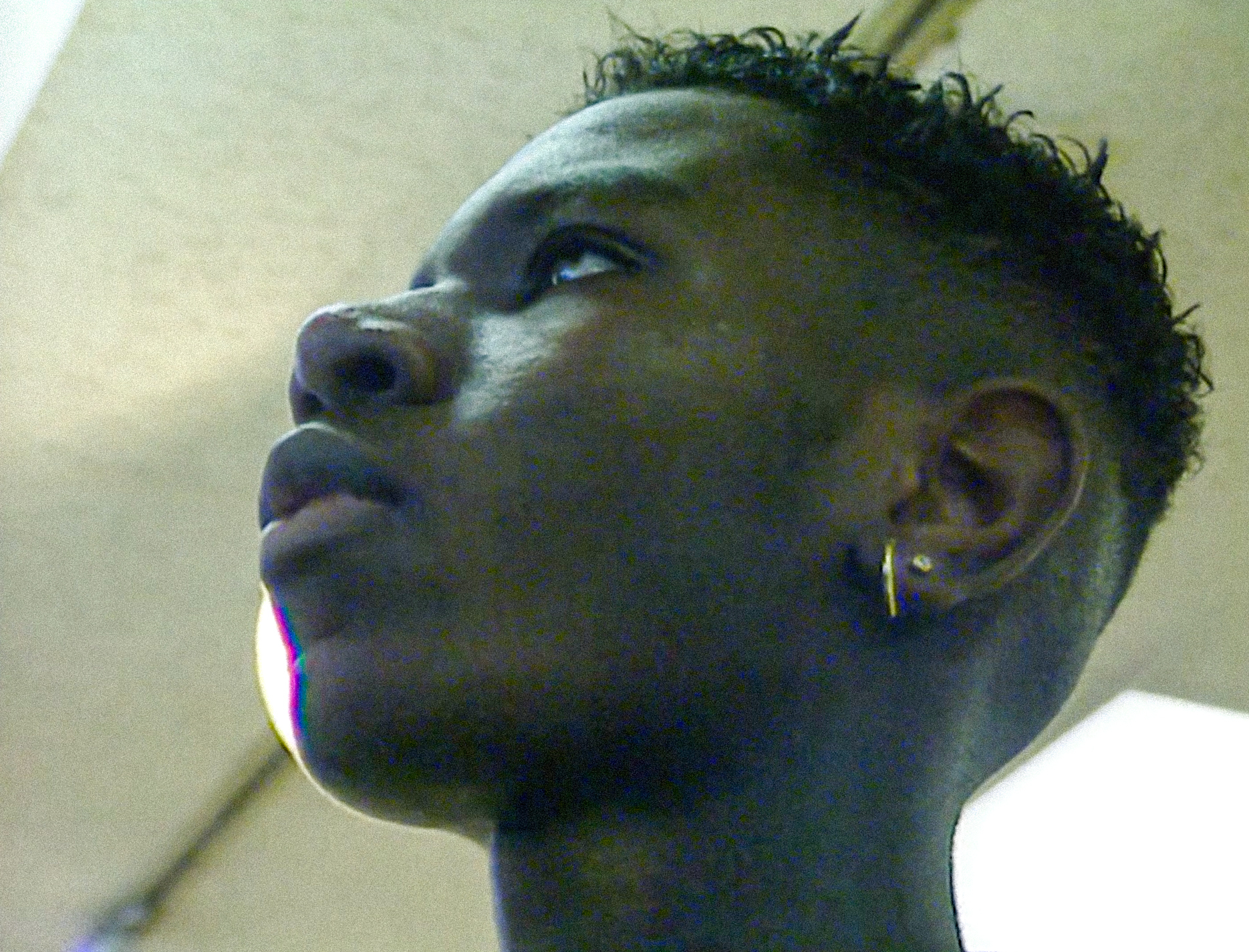

Curtis has an unusual, gang of one relationship with the BBC: freedom to make politically spicy documentaries that are a far cry from the corporation’s house style. How? “To be brutal,” he says, “it’s a deal.” When they get accused of dumbing down, “they can point at me, that he does pretentious shit.”
Is Adam Curtis pretentious-washing the national broadcaster? “I don’t really think that’s true. After both Bitter Lake and 2022’s TraumaZone, the Director General wrote to me saying that this is really good, not just for the BBC but giving people inside the BBC confidence.” A pause. “Also, I don’t cost much money.” As telly costs soar, Curtis’ montage movies are cheap and have attained cult status around the world – particularly on YouTube, something Curtis noted with approval during the 2000s. Part of the joy of making Shifty was exploring how the BBC captured and explored Britain at the end of the 20th century. “Sometimes badly, or stupidly, or wrongly,” he concedes, “but we [BBC employees] are all part of that thing.”
As our conversation ends, we part ways in Dalston. East London, I remember, is a character in Shifty for all its culture-led regeneration and property boom. Revolutions in the past, Curtis told me earlier, “were all about appalling physical circumstances.” While these clearly still exist in Britain – whose poorest households are now poorer than the least well-off in Slovenia – he thinks the next revolution will be about this “sense of melancholy, dread, loneliness, in an age where our feelings were supposed to be a central thing” but couldn’t deliver political change. His eyes flash with mischief again. If there is a revolution, “it’s probably already happening inside the heads of millions of people right now.”
Shifty is available to stream on BBC iPlayer now



















